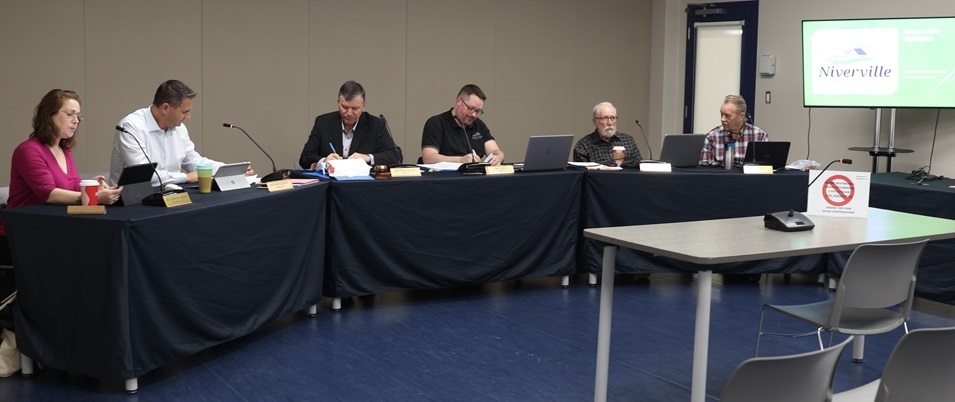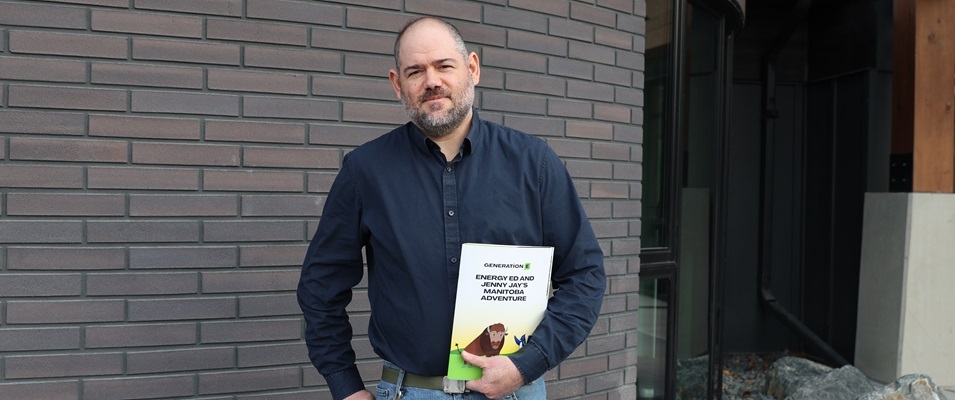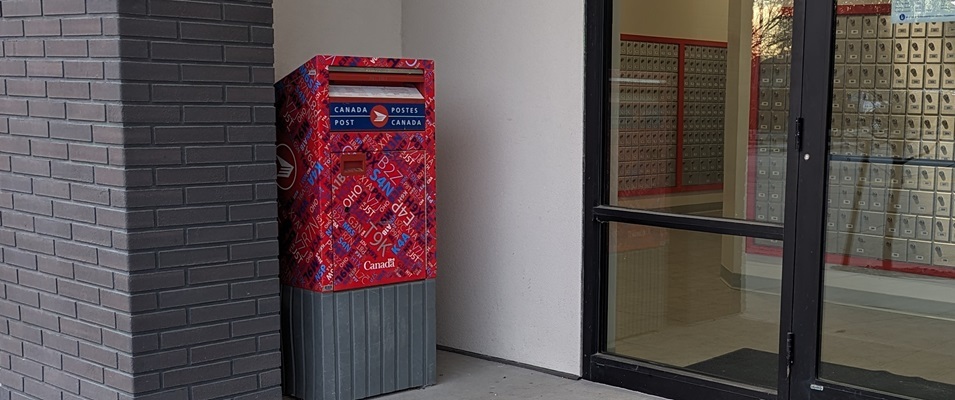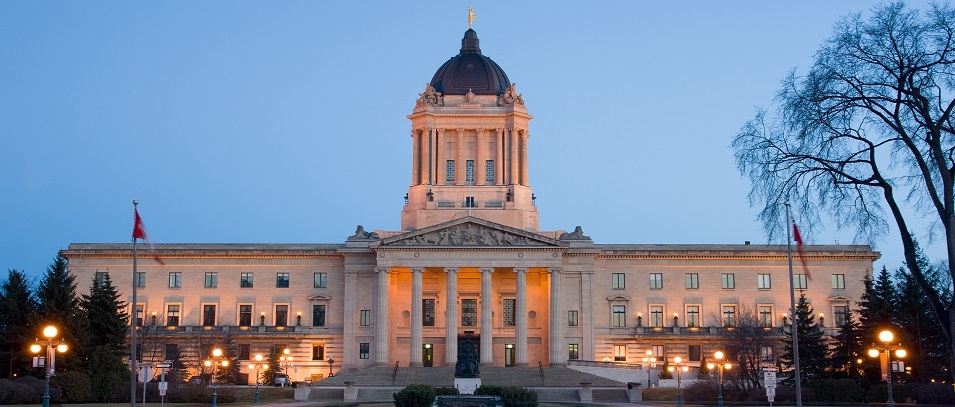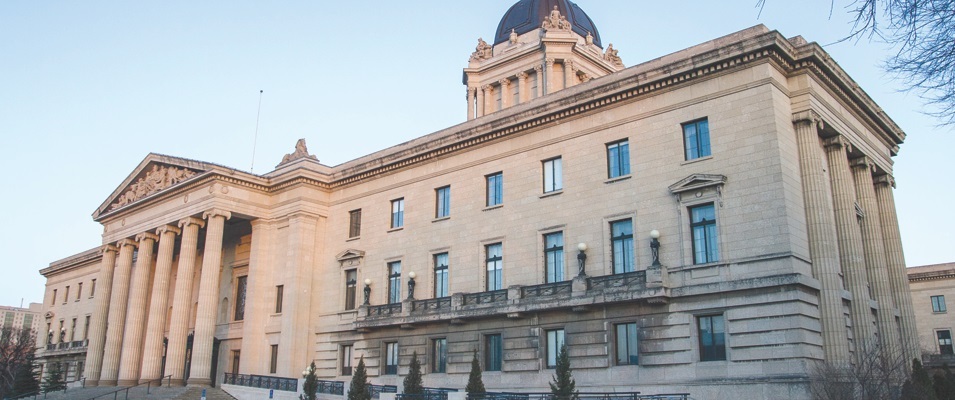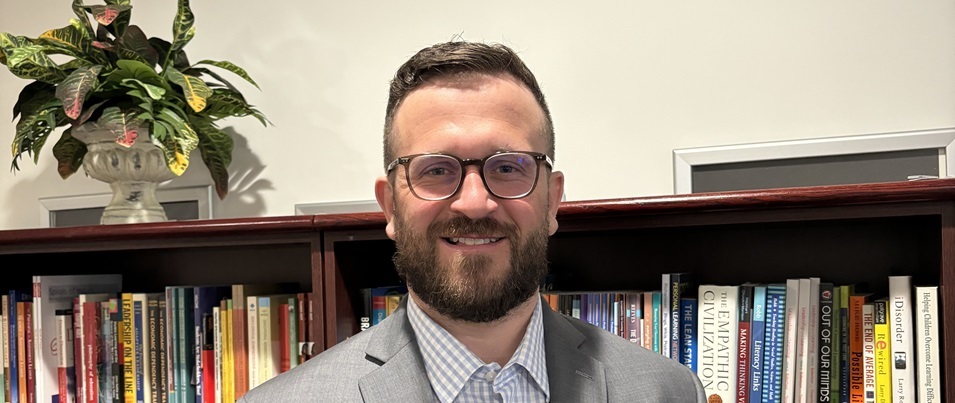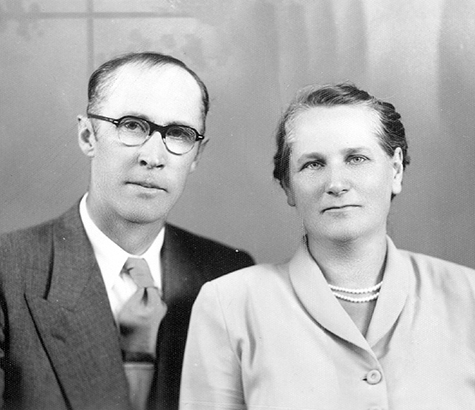
When I think of William and Anna Dyck, I’m certain that a book should be written to chronicle their lives. This tribute to them is too short by far, and I’m somewhat saddened that I only have about 800 words to tell the story.
Born in early 1903 in Russia, William was the first son born to parents William and Emilie. The family had prospered and been blessed in business. In the season of the Communist takeover of Russia, William Jr. was poised to assume responsibility for the family business. Before long, there would be little to manage; the Red Army soon swooped in and confiscated all of the family’s assets. The mills and farms that had produced a good life were taken, and in the midst of this they made the decision to get out while they could.
So it was that on May 6, 1924, the Dyck family arrived in Quebec via the Empress of Scotland. They left with the few possessions they had, but unlike those who chose to stay in Russia, they had the opportunity to build a new life.
Anna soon followed, at William’s invitation, and arrived in Winnipeg on May 17, 1927. Unknown to Anna, many of her immediate and extended family perished during the ensuing years in the dark and foreboding land of Siberia.
William and Anna were married in Gnadenthal (the Winkler area) on June 25, 1927, and subsequently set out on a one-day honeymoon to Plum Coulee.
Their lives in the following years, as they travelled to Alberta, could be described as very difficult. William worked as a ditch digger, potato picker, beet hoer, and road builder. This work was a far cry from the wealth and comfort he and Anna had left behind in Russia. Food was often scarce, but even in the midst of lack William and Anna never ceased to follow their traditions; they spent each evening expressing gratitude to God for this land they had been blessed to come to.
In the spring of 1934, William and Anna received the news that William Sr. was not doing well, and the family applied pressure for them to return to Manitoba, where family members had settled in Niverville. They did return, and in 1936 William Sr. passed on.
William bought some property and decided to start a business in Niverville. With credit from Bronstone’s, the local lumber yard, he was able to build a family home. He then bought out Bronstone’s and renamed it Wm. Dyck and Sons, establishing a commercial building construction business in the process. He also started a successful chicken hatchery.
The purchase of farmland and chicken barns followed.
Meanwhile, Anna loved children and started a kindergarten. In fact, her love for children was experienced by my own children, as we were backyard neighbours in the last years of her life. She loved having them come over and use the swings in her yard. Whenever she heard the squeaking of swings, she came out with cookies for them.
William also served as a school trustee and as lead minister for what is now known as the Fourth Avenue Bible Church.
Beyond his involvement in these organizations, he deeply loved and cared for people. When local teenagers got in trouble with the law, he was the one who met them in prison the next morning. When the issue of marriage between cultural groups caused our local Mennonite people great concern, he went to the parish in Ste. Agathe and officiated a wedding together with the Catholic priest, ensuring that the young couple was fully supported.
In the mid-1950s, my family personally experienced the care of William and Anna. My parents had just returned from a very difficult few years in South America and they had little food and no Christmas gifts that first year back. When the Dycks heard about our situation, we were provided for. They never forgot where they came from and the challenges they had faced.
Today, William’s grandson Grant and his wife Colleen own Artel Farms and GORP Clean Energy Bars. Another grandson, Carl, and his wife Heather own the family business, Wm. Dyck and Sons. Grandson Alex and his wife Annette started Von Ast Construction, which today is owned and operated by great-grandson Steve and his wife Sherisse. His children, grandchildren, and great-grandchildren have proven to be significant contributors to our world. The blessing of a life well lived follows from one generation to another.
When William and Anna returned to Niverville in 1934, they came with a purpose. They believed that Niverville was their home and their motto for living came from Jeremiah 29:7 (ESV): “[And] seek the welfare of the city where I have sent you…” In Niverville, we are all beneficiaries of their investment as community builders.






